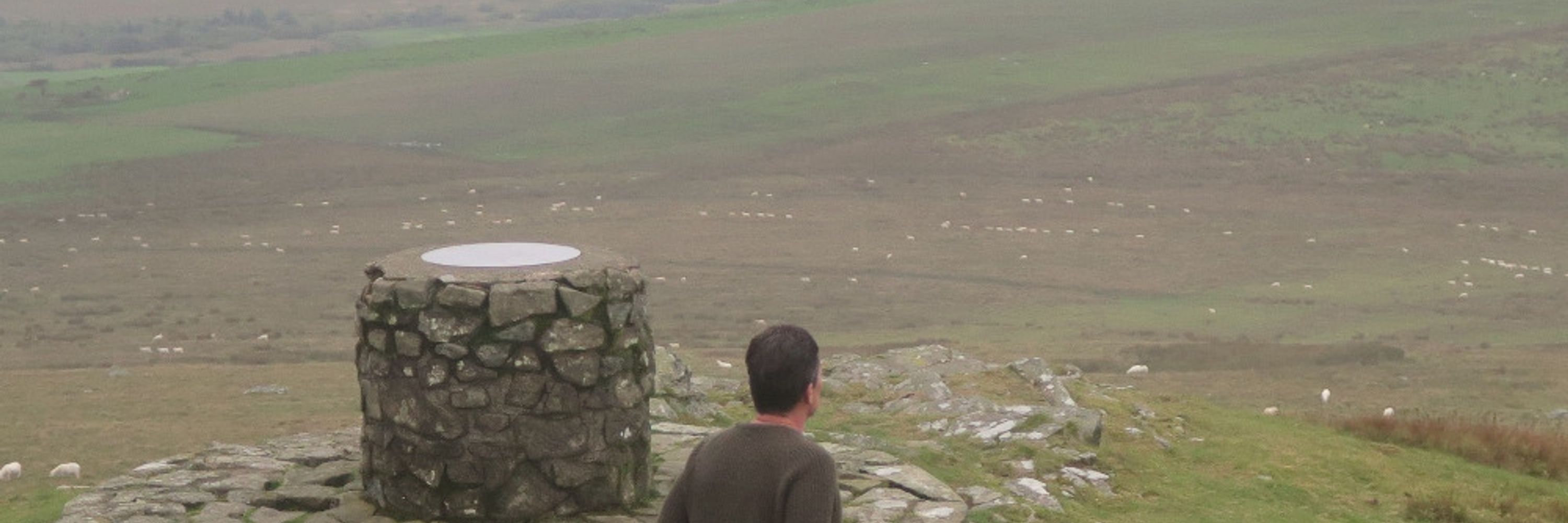
for contact etc see: https://linktr.ee/envisager
3/3
3/3
"Hobby research" just comes from a term used by Government (as in the administrative parts such as HMRC).
"Hobby research" just comes from a term used by Government (as in the administrative parts such as HMRC).
Not a facetious question as have wondered the same thing about my own research.
Not a facetious question as have wondered the same thing about my own research.
www.megalithic.co.uk/modules.php?...
www.megalithic.co.uk/modules.php?...


